Featuring: Samuel Fly
Photo credits: YouTube/V. Lyubovny
Anyone familiar with the sport of basketball’s history knows about New York City’s one and only Holcombe Rucker Park for basketball.
This recreational landmark is the breeding ground for Harlem’s division of Manhattan, New York, and its Rucker Park Street Basketball Tournament. This created a streetball Mecca for the underground basketball recruiting element, which benefited Division One college basketball teams, semi-pro leagues, and even the NBA.
The Rucker Tournament’s historic setting has been depicted in a national sports broadcasting documentary, as well as a box office Hollywood film. However, during the 1960s, there was a young two-way guard nicknamed “Pee Wee” who’s superstar status on the court was already solidified.
Born Richard Kirkland (pictured), Pee Wee became the talk of the town for his uncanny ability to score points. Playing then as the prototype of what today’s two-way guard is expected to do, Kirkland also had superior ball-handling skills. This made him an unstoppable facilitator. His court vision and passing ability kept his teammates in the game as scoring threats too.
Kirkland played his high school ball at NYC’s Charles Evans Hughes Senior High. His outstanding work as athlete earned him a full-ride scholarship, for the first time, at Kittrell College in North Carolina. But Kirkland quickly outgrew his two-year instituion’s ball club when he began scoring a whopping 41 points per game.
His first-ever accomplishments in North Carolina made headlines and this led to nationally-known schools offering new scholarships. In the late 1960s, Kirkland chose Norfolk State University (NSU) in Virginia as the four-year school he would play for. At NSU, Kirkland continued to rise to the top in the rankings of basketball record books.
As Kirkland continued to ball out of control, what many did not know is that the young basketball icon was no broke college boy. While mastering the world of college athletics, Kirkland was still involved as an overlord of Harlem’s criminal underworld. He had so much money, that he declined an NBA contract to play for the Chicago Bulls.
Kirkland already drove and owned cars, which cost what the up-front cash offers from the Bulls were. Known as “The Bank of Harlem,” Kirkland was involved in just about everything on the black market that made distributors like him rich. But there are consquences for a wealth-building lifestyle of crime. Kirkland learned this by serving two separate stints in prison.
As a much older man (today he is 75) after doing many years of hard time, Kirkland’s legend continued to swell. As an actor, he played in 1994’s cult classic “Above the Rim” and portrayed Georgetown University recruiter Phil Redd. Around this same time, Kirkland was a legitimate basketball coach who served children on his teams that came from underrepresented communities.
Kirkland’s life is proof that it is not always how you start; it is how you finish. To learn more about this Harlem legend’s impact on the hip-hop world of today read the video description below (written by Samuel Fly for Daily Motion).
Watch Kirkland’s interview clip today after reading Samuel’s story.
“Many people believe that Frank Lucas was one of the biggest heroin kingpins in New York during the 1970s. When the box office film “American Gangster” was released in 2007, the Lucus folklore saga increased intrigue over fact and fiction; over who was really the biggest and best in NYC’s underworld. However, Pee Wee Kirkland told VladTV that his operation was much bigger. The famed drug kingpin and basketball player revealed that many of the scenes in the 2007 Denzel Washington film were sensationalized. Kirkland said in his VladTV interview that the film depictions, which show drugs being brought into the U.S. from Vietnam in coffins, “never happened,” according to Kirkland.
VladTV asked Kirkland if he would ever release his own tell-all movie. Kirkland explained that he’s been approached for years about doing a biopic. However, Kirkland made it clear that he’s not interested in giving every detail of his life for a movie. He added that any film about him will be a lot more real than what Lucas has been depicted to be. Kirkland also spoke about how he turned his life around and how his new path has helped him influence hip-hop artists (including Ludacris).
In other words, Pee Wee Kirkland’s dream is to help today’s younger, hip-hip-influenced generation. He also told VladTV that they must learn how to better themselves by leaving the street life alone.”







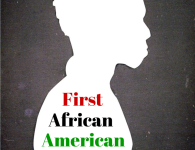
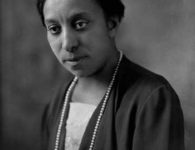
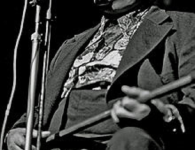

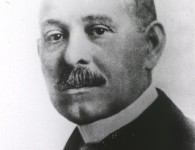
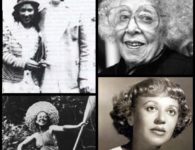

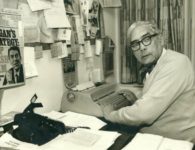
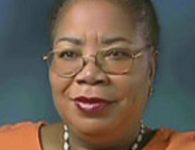
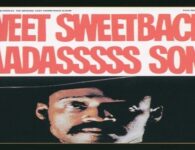
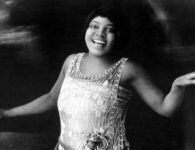
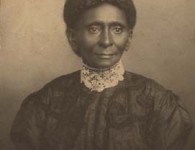
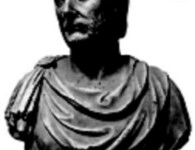

No comments